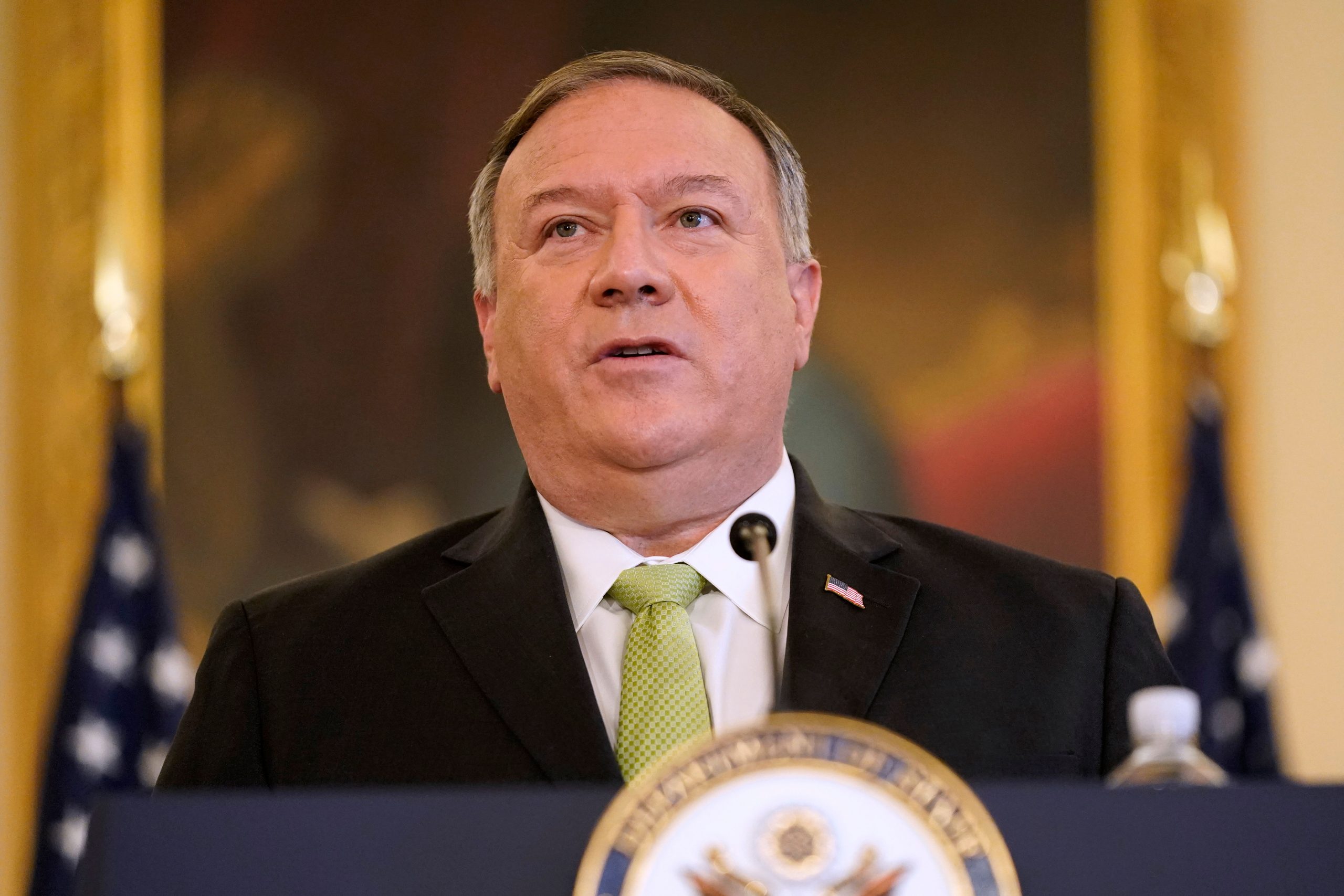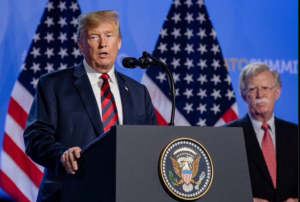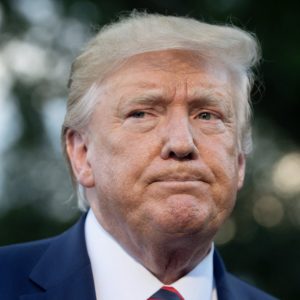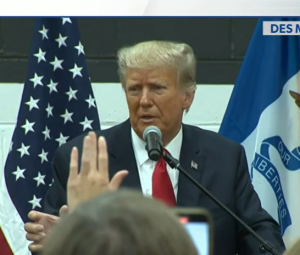US Secretary of State Mike Pompeo on Friday asked Vatican city to be ‘serious’ about addressing religious persecution in China following his visit to the country, where the Pope refused to meet him, as per an AFP report.
Pompeo an avowed critic of the Chinese Communist regime, also contrasted the current Pope with Pope John Paul II, a hero of conservative Catholics.
Pompeo in his interview to conservative host Hugh Hewitt said, “John Paul II was an important part of turning the tide and creating freedom in Europe and the destruction of the Soviet Union and the freedom of the people that were oppressed by the Soviet Union.”
Also Read: Microsoft to let employees work from home permanently: Report
He added, “We need that same moral witness today.”
Pompeo further stated, “They’re a powerful force for good in the world and we need them talking about this in a way that is serious and thoughtful and consistent with the beliefs I know they hold so dearly.”
The Secretary of State who visited Rome recently did not see Pope Francis, as the Pontiff avoids interactions with foreign dignitaries ahead of elections and during the campaigning period.
Vatican officials have been taken aback by Pompeo’s open criticism of an opening to China led by the Pope.
While China strictly controls religion but under a 2018 deal, the Pope had regained authority to appoints bishops, who will be recommended by China’s atheist government.
While in Rome, Pompeo spoke at a symposium organized by the US embassy to the Holy See where he called on “every faith leader to find the courage to confront religious persecution.”
Also Read: US Senate Majority leader Mitch McConnell says economic stimulus unlikely ahead of November election
Rights advocates have stated that China has severely repressed Tibetan Buddhism and Islam, with more than one million Uighurs and other mostly Muslim Turkic-speaking people incarcerated in reeducation camps in Xinjiang.
China contends that the camps provide vocational training and are aimed at discouraging Islamic extremism.







